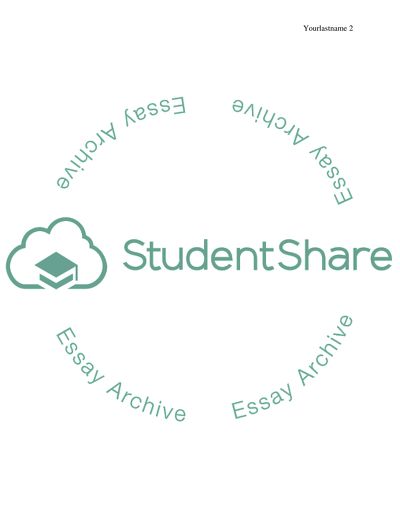View's of Education in Voltaire's Candide and Douglass' Narrative of Essay. Retrieved from https://studentshare.org/literature/1449745-compare-and-contrast-two-authors
View's of Education in Voltaire'S Candide and Douglass' Narrative of Essay. https://studentshare.org/literature/1449745-compare-and-contrast-two-authors.


